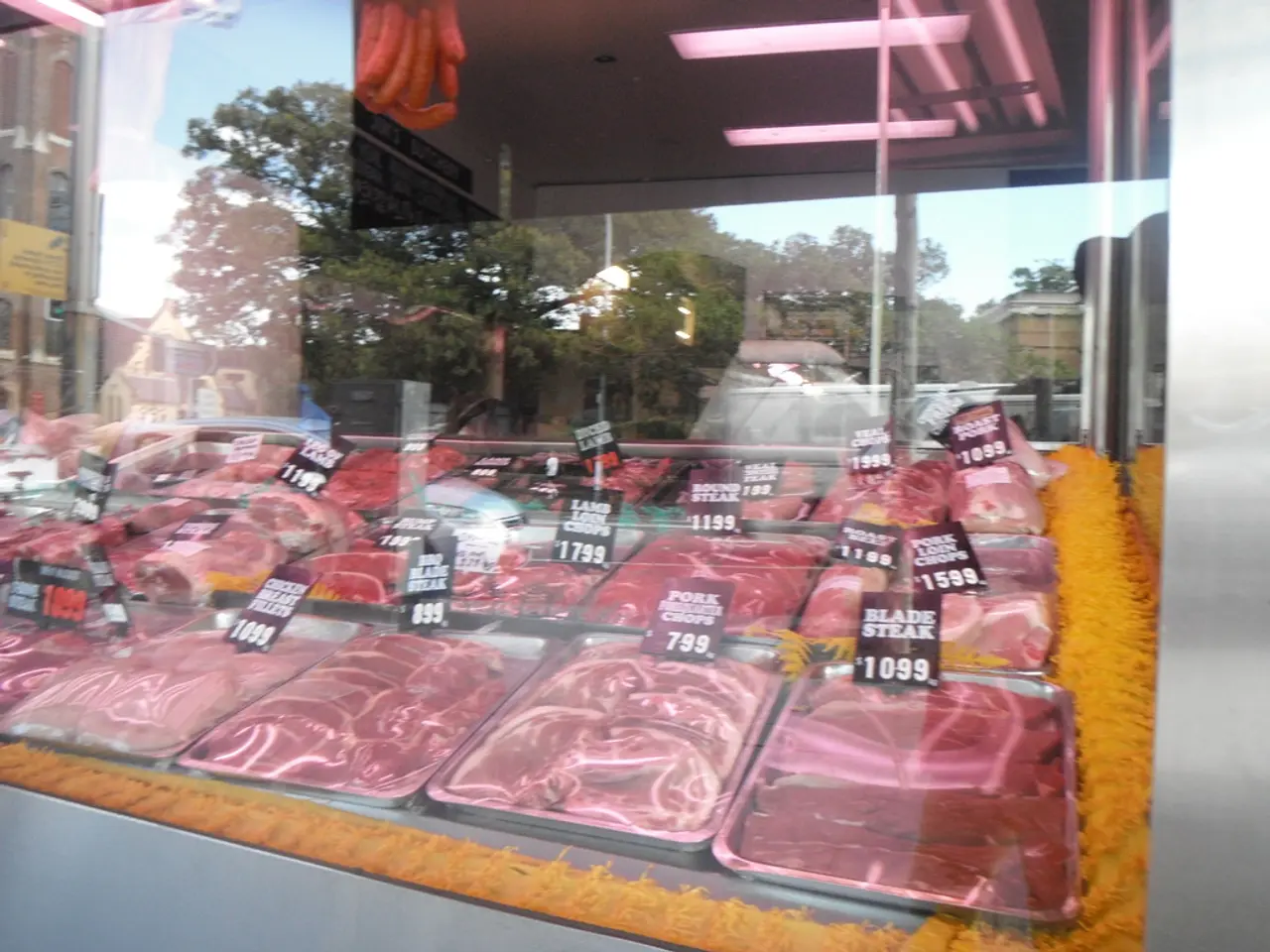EU Parliament Bans 'Meaty' Terms for Vegan Alternatives
The European Parliament has made a significant move in the food industry. In a decision that has sparked debate, it has ruled that vegetarian and vegan meat alternatives will no longer be allowed to use terms like 'burger', 'schnitzel', and 'sausage'. This change aims to prevent confusion among consumers and protect traditional meat products.
The proposal, backed by the European People's Party (EVP), the largest group in the European Parliament, including German CDU/CSU members, seeks to reserve these traditional names for meat products only. This means that plant-based alternatives will have to find new terms to describe their products.
The decision comes amidst varying consumption patterns across Europe. In Germany, for instance, each citizen consumed 53.2 kilograms of meat last year, compared to only 1.5 kilograms of plant-based alternatives. However, the trend towards plant-based diets has been growing, making this a contentious issue.
The EU Parliament's decision aims to clarify labels for consumers, but it may also pose a challenge for the plant-based industry. As the demand for vegan alternatives continues to rise, companies will need to innovate and find new ways to describe their products. The impact of this ruling on consumer behavior and the plant-based market remains to be seen.
Read also:
- Controlled spree of Legionnaires' disease among Harlem residents ceased, city health authorities confirm; however, locals push for increased openness and information disclosure
- Transform City for the Better
- THW Bavaria Celebrates 75 Years of Saving Lives and Protecting Communities
- Ramaswamy Secures Endorsement from Teamsters Union








